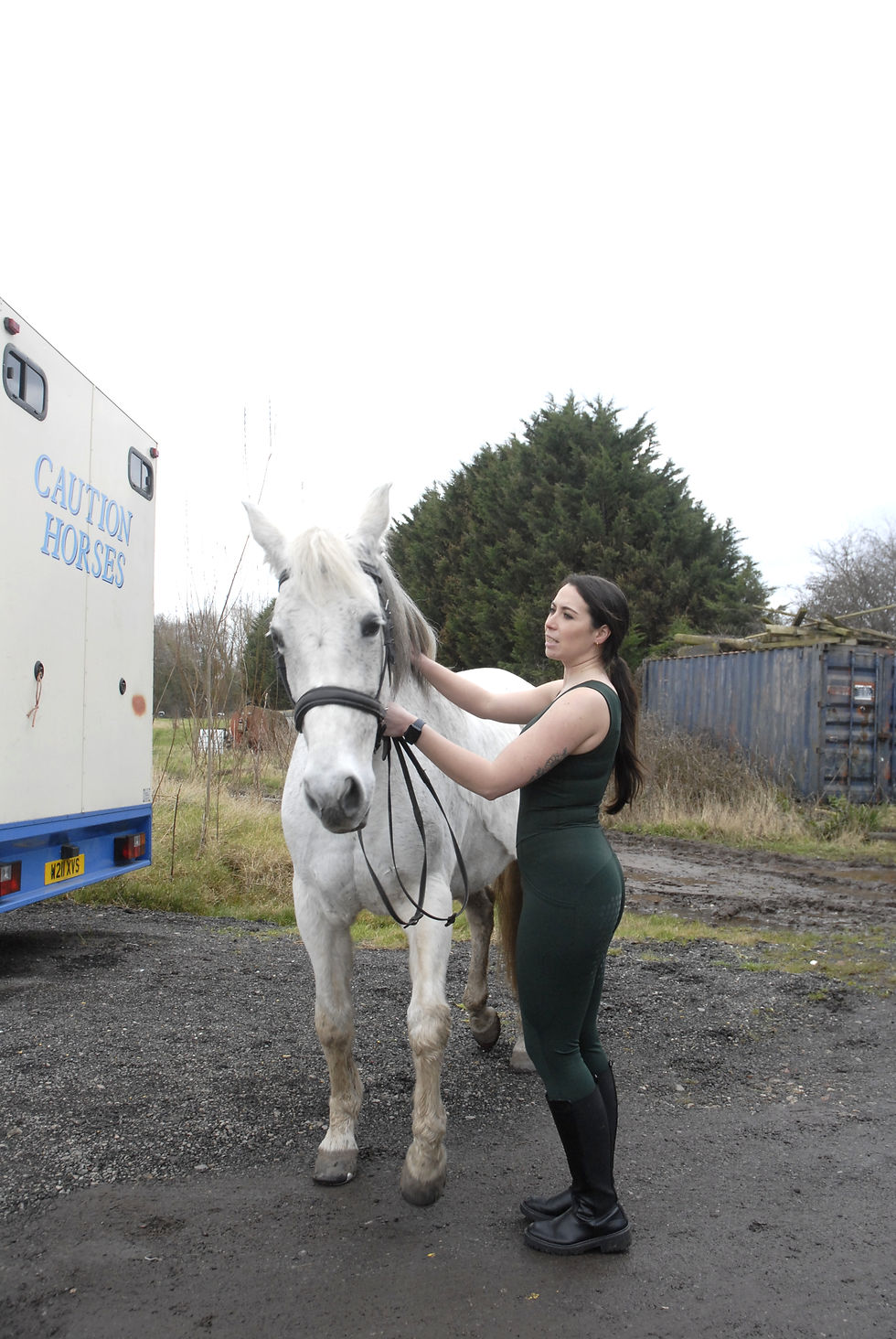How can PR democratise the media?
- Katy Davies
- Dec 3, 2017
- 4 min read

Network at the National Theatre
At what point do we acknowledge and challenge the function of media and organisational PR strategy models in a democracy? Those who do not have the skills or entry points into journalism or PR questionably will have more problems getting their voice heard, unable to navigate tried and tested structures which conduct the stream of information that confronts us in our homes every day. Increasingly, people who work in media and PR work to reflect each other, and the same tired cliches and formula of the media calendar continue to maintain status quo. And we can only expect more content.
I recently saw two fantastic productions in London based on the origins and power of mainstream media. Ink - a play about the changing fortunes of The Sun after the Murdoch takeover - and Network - a National Theatre production of the 1970s film based on the quest for dominance in public viewing ratings. Both addressed the psychological effects of the media in 'giving the public what they want', however they also questioned what do the public 'need' from the media, and those answers may be poles apart.
Last month I was working for a national charity's annual awareness week, with fairly meaty news to issue to media. However, the week before the story, we became aware of another story in the offing that would be featuring on Panorama on Sunday night - to appear the same day as our announcement - the Paradise Papers. We were competing with a team of journalists who'd probably been working for 18 months to delve into the tax-dodging worlds of the rich and famous - including the alleged "sporting personality" Lewis Hamilton and the Queen - which meant while we did well on the coverage front, there was certain broadcast outlets that were out of our grasp on that day. There was a hit on BBC breakfast as they flicked through the papers, however the Today programme was becoming as likely to be bagged as a trip to Panama (didn't stop a colleague expressing bemused disappointment at being bumped of course.)
This got me thinking - while a very worthy story, the broadcast programmes in question were clearly tied up with what their sister TV network was announcing the night before. Less than a month later, we're celebrating Harry and Meghan's roast-chicken and corgi-fuelled engagement, with the Queen's tax dodging escapades reduced to wrapping paper for fish and chips. Blanket wall-to-wall coverage of the interview, the ring, the Botswana diamonds, the charity work, the acting, the coats, the fact the corgis prefer Meghan, etc, meant that any stories from little old peasants didn't get a look in. Plus - the Government managed to bury some bad news about freezing benefits demonstrating why any related comedy satire is now dead.
How progressive is it for media to adopt impartiality? Only yesterday on the Andrew Marr breakfast programme we saw yet again a platform being given to extremist right wing views with Farage (can someone tell me why he keeps getting air time?) and evil Postman Pat Jacob Rees-Mogg getting on the sofa. Yet, listening vaguely to the dulling insipid BBC Radio Two while typing this (not my choice), I am yet to hear a broadcast news piece about the thousands of Muslims who protested against ISIS for peace in London. So if media insists on impartiality - who decides what gets more weight in the media and public awareness?
While my PR diploma seems a long time ago, I remember reading about organisational structures and the function of PR being at either the heart of an organisation for public transparency and influencing business direction, or on the edges to disseminate information to the public with less opportunity for internal interrogation and less inclination to respond to media. However, I think both of these concepts are rapidly becoming dated.
Following on from my recent charity PR work, I learned about an impressive organisation that works with citizens and leaders in communities to decide long-term campaigns to achieve change, working alongside politicians, media and community leaders. This ensures stories generated in the media aren't just designed to preach to the media bubble to fit their agendas, but are truly investigative and in effect democratise the media. However, while attributing more power to individuals to get media share of voice, there needs to be caution. A tendency of national newspapers to promote stories and agendas shared by troll accounts on social media shows little willingness for accountability in broadening the public sphere of influence in the media, with fake news being directly retweeted by the tangerine candy-floss haired President of the United States. I haven't got time to move onto the monopoly of the tech search engine giants and technologically addictive and human behaviour altering Book of Faces who remain completely unaccountable in the types of content they choose to promote or remove.
What can a PR practitioner take from all of this? We have the knowledge of media agendas, media relations, journalists and writers and media outlets with a responsibility to educate and empower anyone who wants to know more about the changing media landscape to encourage you to agitate and change the way we consume media.
If I can help you "break the fourth wall" of the media in 2018 to get your message across on your own terms, don't hesitate to get in touch to arrange a coffee. I'm also keen to hear new podcasts/news sites/zines so please drop me a tweet to send my way or pop in the comments below.


Comments